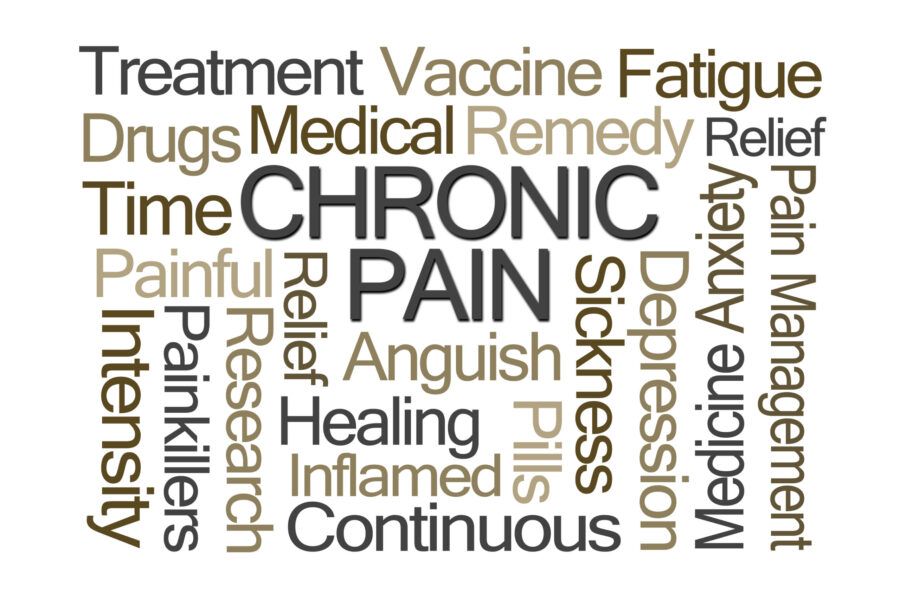The Silent Struggle: Chronic Pain and its Impact on Mental Health
Introduction: Living with chronic pain is like carrying an invisible burden.
It’s a constant companion, shaping every aspect of life. Yet, it’s often unseen by others. Beyond physical discomfort, chronic pain can profoundly affect mental health. It creates a complex interplay between body and mind. In this blog, we explore the complex relationship between chronic pain and mental well-being. Let’s explore the challenges individuals face and strategies for coping and healing.
Understanding Chronic Pain:
Chronic pain isn’t just a temporary sensation. It’s persistent, lasting beyond the expected healing time of an injury or illness. It can stem from known medical sources, such as arthritis or fibromyalgia. It may also stem from unidentifiable causes. Acute pain serves as a warning signal that something needs attention. Chronic pain becomes a condition that is often difficult to diagnose or treat.
The Mental Health Impact:
Chronic pain has a significant toll on one’s mental health. It often contributes to feelings of frustration, hopelessness, and isolation. Increasing physical limitations can lead to depression and anxiety. These mental health issues exacerbate one’s suffering, further diminishing one’s quality of life. This cycle is difficult to break especially when relief is uncertain.
The Vicious Cycle:
Chronic pain and mental health form a vicious cycle, each feeding into the other. Pain triggers stress responses in the body, increasing muscle tension and amplifying discomfort. This heightened state of arousal can worsen pain perception. It leads to a downward spiral of increased distress and decreased pain tolerance. Anxiety and depression can exacerbate pain sensitivity, making it even harder to cope.
Coping Strategies: Living with chronic pain is challenging. These strategies may help manage the physical and emotional impact of chronic pain.
- Pain Management Techniques:
A). Acupuncture can reduce pain. It works by releasing endorphins, the body’s pain-relieving chemical. It also helps modulate the nervous system’s response to pain signals. Also, acupuncture may boost blood flow and cut inflammation in affected areas. This can relieve conditions like arthritis, fibromyalgia, and back pain.
B). Mindfulness practice encourages us to pay nonjudgmental attention to our experience in the moment. We cultivate curiosity for the body’s sensations even the painful ones. Regular mindfulness meditation can reduce pain intensity and improve pain tolerance. It can also enhance overall well-being.
C). Physical Therapy is crucial for managing chronic pain. It addresses physical impairments, restores function, and improves quality of life. It helps you regain a sense of control over your body. Physical therapy helps restore function and maximizes independence.
D). Medications are part of a full treatment plan. They may play a vital role in managing chronic pain. They do this by targeting the root causes of pain transmission and perception.
- CBT helps you find negative thought patterns. These patterns create or continue suffering. With chronic pain, CBT can help you see how your thoughts fuel unhelpful pain interpretations.
- Support networks are invaluable. This can be people who have firsthand knowledge of chronic pain. The support and validation from such a network can support coping and relieve stress.
- Self-Care: Doing relaxing activities, like gentle exercise, hobbies, or time in nature, can reduce stress and boost mood. Additionally, it shows you what your body is still capable of.
Getting professional help is essential for people with chronic pain. They should seek it when needed. This may involve consulting with pain specialists, therapists, or psychiatrists. They can offer personalized treatment plans. These plans address both the physical and emotional aspects of chronic pain.
Addressing chronic pain and mental health means breaking stigma and raising awareness. Healthcare providers must take a holistic approach to pain management. They must recognize the close link between physical and emotional well-being. Education and advocacy can help empower people with chronic pain. They can help them to seek the support and resources they need. They can do this without fear of judgment or misunderstanding.
In conclusion, chronic pain is complex. It is a challenging condition that affects millions worldwide. It reaches beyond the body. It affects mental health and life quality. By using a comprehensive approach to treatment, we can better serve people with chronic pain. This will foster healing and resilience in body and mind.

